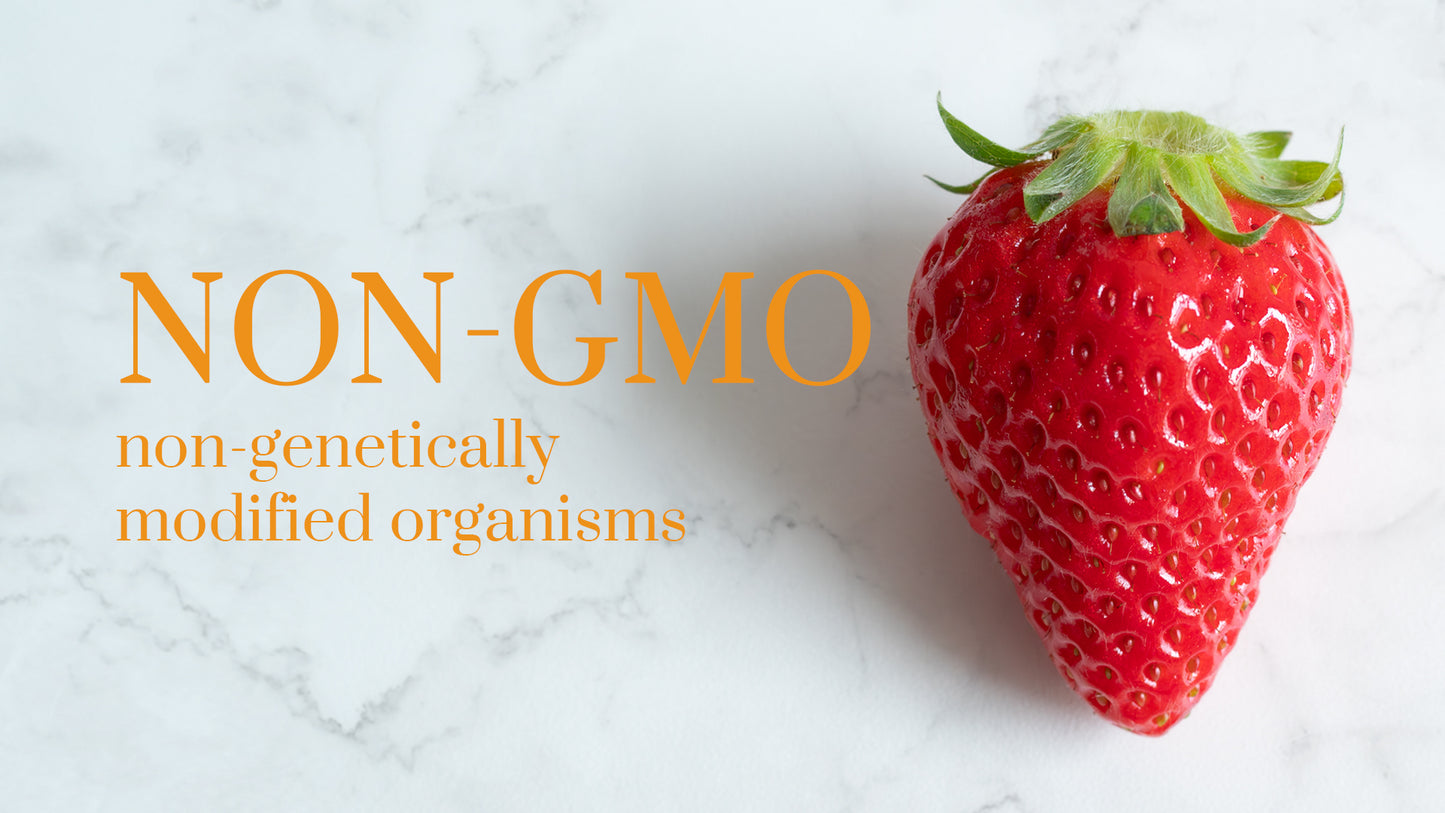
High quality fruits like those produced by Ikigai Fruits may seem too good to be true. It might have you thinking: were these fruits genetically modified to be this big, this juicy, or this packed with flavor?
Rest assured that there is nothing genetically modified about any of the fruits featured on Ikigai Fruits. We sell exclusively non-GMO produce, meticulously grown in the rural hills of Japan, where they are cultivated by farmers who have honed their craft for hundreds of years.
Let’s be clear: Fruits available for purchase from Ikigai Fruits are all non-GMO. They have not been genetically modified to enhance any aspect of their appearance, flavor, or size.
But what does it mean to be a non-GMO fruit? Is non-GMO different from “organic”? Are GMOs ethical?
This is a very basic overview of Ikigai Fruits in the context of GMOs as we strive to answer some of these basic questions.
What is a non-GMO Fruit?
GMO stands for “genetically modified organism”. According to the National Human Genome Research Institute, this includes plants, animals, and microorganisms that have had changes made to their genome in order to change their characteristics1. These changes might be to make specimens grow bigger, have “natural” pesticides, or alter them in some other convenient way.
Although some people might make the claim that anything that has been through selective breeding is a kind of GMO, The Non-GMO Project is strict with its GMO definition, saying GMOs can only be created when their genetic structure has been altered with biotechnology in a lab. Natural processes like cross pollinating or cross germinating do not produce GMO foods2.
According to the FDA, GMO foods are as safe to consume as their non-GMO counterparts3. What kind of food you eat should come down to how you feel about the production methods rather than their safety or nutritional value.
Are Ikigai Fruits non-GMO?

What is the difference between “organic” and “non-GMO”
While all organic foods are non-GMO, not all non-GMOs are organic.
To receive the official “organic” label from the USDA, food must be non-GMO as well as free of things like pesticides, herbicides, pesticides, and a slew of other chemicals that are often used to protect a harvest. When “organic” is used in regard to meat products, the animals must be treated a certain way to earn the label.
Non-GMO simply means the crop has not had its DNA altered in a laboratory to enhance its ability to grow. It does not mean the crop is completely free of certain chemicals like pesticides and herbicides.
What are the benefits of non-GMO fruits?

The benefits of growing and consuming non-GMO fruits are similar to those of any non-GMO foods. However, there are certain.
Here are just a few benefits:
Discourage the creation of “superbugs”
When genetically modifying crops to be more resistant to natural predators, pests, or other plants, you run the risk of disrupting the natural environment. Crops have evolved to interact in intricate ways with the other organisms in their habitat, and altering their genes can have catastrophic consequences. One of these outcomes could be the generation of incredibly resistant “superbugs”, bacteria, pests, or otherwise, that are even more effective at destroying the crops than ever before.
Non-GMO fruits and cultivation methods ensure the longevity of your favorite melons, strawberries, pears, persimmons and more.
Protect the Environment
Non-GMO production methods are more likely to use natural pesticide methods like companion planting to protect the harvest. They are also more likely to keep soil healthy by maintaining crop diversity4.
GMO-focused methods are more likely to involve harmful chemicals, pesticides, and other products that can be detrimental to the soil.
Support the Legacy of Strong Crops
Cultivating non-GMO foods requires specialized agricultural techniques, usually with skills and knowledge that have been passed down over generations. Crops grown over time in the same area are more resilient and produce a stronger harvest.
In the case of Ikigai Fruits, many of our farmers cultivate their crops using traditional Japanese methods. Cultivating fruit over a long period gives Farmer various insights and techniques. These practices have birthed completely unique fruit varieties and distinct flavors now famous all over the world. Without genetic engineering, farmers must rely on their cunning and innovation to consistently meet and surpass expectations on the culinary world stage.
Conclusion
By purchasing Ikigai Fruits, you’re not only treating yourself to the best fruits the world has to offer. You’re helping local Japanese farmers achieve their dreams by creating the world’s best fruit products through the hard work of their own hands.
Non-GMO means every fruit was produced with every ounce of human knowledge, dedication, and care each one of our amazing farms has. The proof is in the incomparable taste of every bite of Ikigai Fruits.
